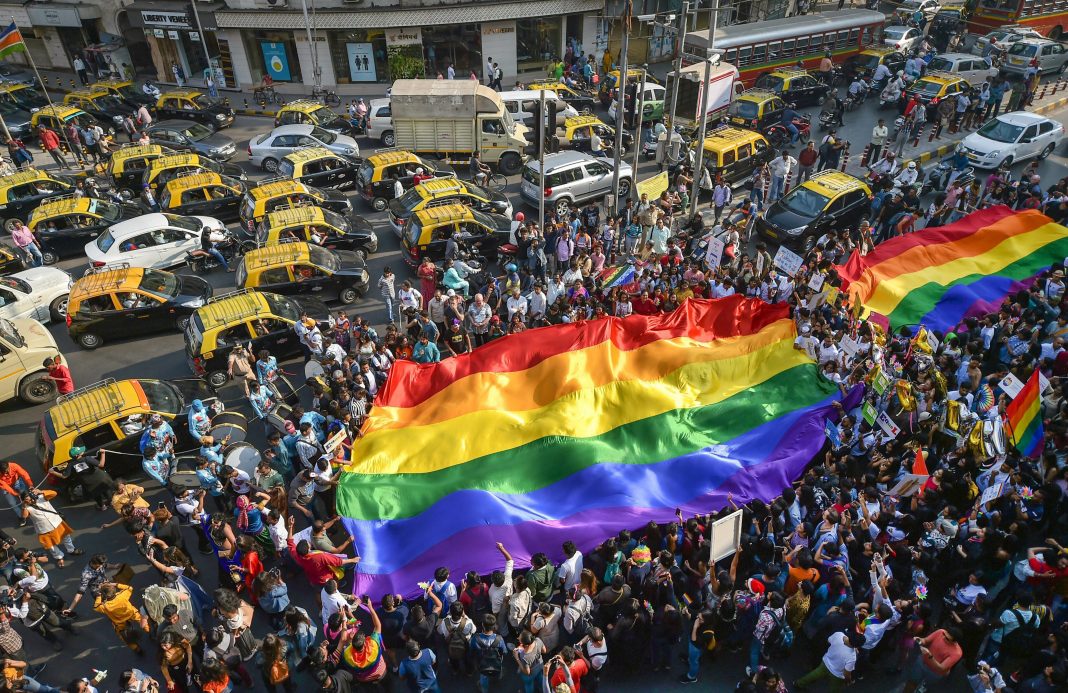In another significant hearing, the Uttarakhand High Court recognized the rights of adult same-sex couples to cohabitate. The remarks unfolded as the result of a habeas corpus writ filed by one petitioner, Madhu Bala. She filed it as a result of the unjust confinement of her partner; by the partner’s family. The court dismissed the case following the partner’s reluctance to continue the relationship with the petitioner. Nevertheless, the revisionist remarks of the bench remains imperative to the social and constitutional struggle of the LGBTQ+ community of India.
A Right Under Article 21
Justice Sharad Kumar Sharma reiterated the right to choose one’s partner irrespective of their sexual orientation. He stated that even though a same-sex couples can’t enter wedlock, they have a right to live together outside of it. Article 21 that guarantees the right to personal liberty includes in its ambit, the right to consensual cohabitation. Although, if the Apex Court had legalised marriages between same-sex couples, there would not have been a situation like this for the HC to deal with. Moreover, legality of same-sex marriages would have given the needed protection to such couples. Since, these cases rarely present themselves before the Courts to recognize their ‘right to choose‘. Nonetheless, while emphasizing the fundamental principle, the court observed;
“Intimacy of marriage, including the choice of partner, which individual makes, on whether to not to marry and whom to marry are aspects which exclusively lie outside the control of the State or the society.“
Case of Constitutional Morality
The bench further stated that while considering such cases the Judiciary needs to let go of social mores. It held that the right to liberty and freedom of choice are “constitutional values” that cannot be abridged. Moreover, the constitution’s strength lies in its diversity and organic nature. The court needs to act as a watchdog of fundamental rights and their implementation. The relationship of an individual with the state is sacred and maintainable. The court observed:
“...Social values and morals do have their space, but they are not above the constitutional guarantee of freedom assigned to a citizen of a country…Hence, the said freedom and the exercise of jurisdiction in a writ court should not transgress into an area of determining the suitability of a partner to marital life, that decision exclusively rests with the individual themselves that the State, society or even the court cannot intrude into the domain.“
While plea for official recognition of same-sex marriages has been introduced in the courts of India; the above approach of the judiciary is welcoming of the same. It stages a better future of the queer Indian. Nonetheless, same-sex marriage ought to be a thought-provoking and fundamentally trying hurdle for the Indian judiciary that must be tackled with unimpeded constitutionality; if Navtej Singh Johar’s determinations have to be lived up to.

